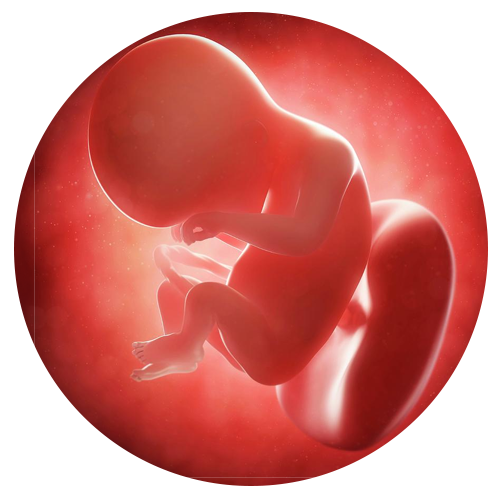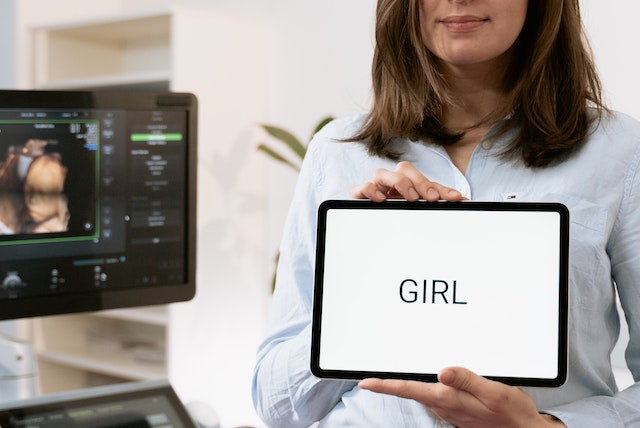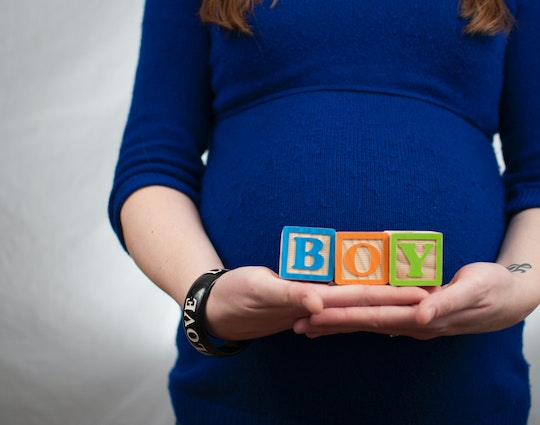18 Weeks Pregnant: Pregnancy Symptoms & Baby Development
Find out what to expect from every week of your pregnancy.
18 weeks pregnant is how many months?
Month 4 (Trimester 2)
Baby development at 18 week
Diet & nutrition

Anomaly scan
At 18 weeks your baby is about 14.2cm long – the size of a sweet red pepper – and weighs around 190g.
Around weeks 18-20, you may also start to feel your baby’s first movements as they switch between sleep and active wakefulness. These first movements are usually little kicks and rolls that feel light and fluttery. If it’s your first pregnancy you may not notice them or even mistake them for mild indigestion as many mums-to-be report feeling more movement after a meal or late at night.
Around this time, your baby may also start responding to noises from the outside world, making this an ideal time to start talking to your bump. Your baby’s reflexes are also continuing to develop – swallowing, sucking and hearing.
Inside your baby’s lungs, air sacs called alveoli are starting to develop and it’s common for your baby to experience hiccups at this stage, although it’s unlikely you’ll feel them.


Pregnancy symptoms at 18 weeks
Stretch marks
Swollen or bleeding gums
Feeling hot
Frequent urination
Headaches
Breast tenderness
Your anomaly scan
This sounds a little scary, but it’s actually a standard ultrasound scan to ensure all is well with your baby. You should be offered an anomaly scan between weeks 18-20. You’re not obliged to have the scan, but we recommend it.
The scan looks at your baby in detail to see if there’s anything unusual about their appearance and development. It’s possible to identify a range of conditions from a scan, but not all. Most scans reveal healthy babies, but if it does pick up something you’re not expecting then you may be offered a series of further tests. Again, it’s your choice whether to have them.
The scan won’t hurt you or your baby but it could feel a bit uncomfortable as the sonographer may have to apply a little pressure on your stomach for the clearest view.
Is it a boy or a girl?
It may be possible for the sonographer to tell the sex of your baby with this scan. However, not everyone wants to know and it’s not always hospital policy to reveal the sex of a baby. Whether you’d like to know or not, make it clear before having your scan.
Vitamin A contributes to the development of two of the most intricate and extraordinary parts of your baby’s body – their eyes. It’s also important for their immunity and skin cell production and supports the development of alveolar air sacs in your baby’s lungs. These help transfer oxygen into the blood, and remove carbon dioxide.
There are two forms of vitamin A:
- Retinal – found in high levels in some meat and fish products, and in safe levels in dairy foods and eggs.
- Beta-carotene – a substance in fruit and vegetables that the body can convert into vitamin A
An important balancing act
Too much vitamin A can be harmful, as can too little – but a well-balanced diet should provide you with the right amount of vitamin A. Learn which sources to include in your pregnancy diet, and which foods and supplements to avoid.

THE SCIENCE BEHIND VITAMIN A
Powered by Nutricia
Vitamin A is a fat-soluble vitamin, meaning it is stored in the liver and fat cells of the body. A healthy supply of vitamin A during pregnancy builds up your baby’s natural stores in preparation for the first few months of life. A low level of vitamin A can affect your baby’s immune function after birth, leaving them more susceptible to infection and illness
